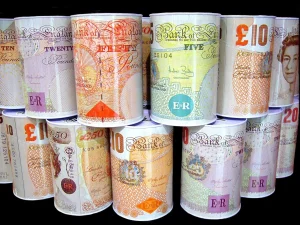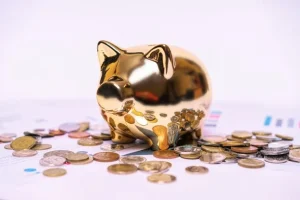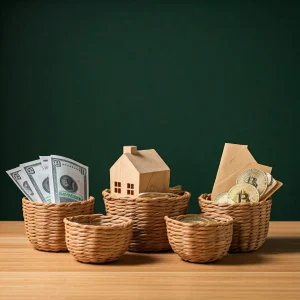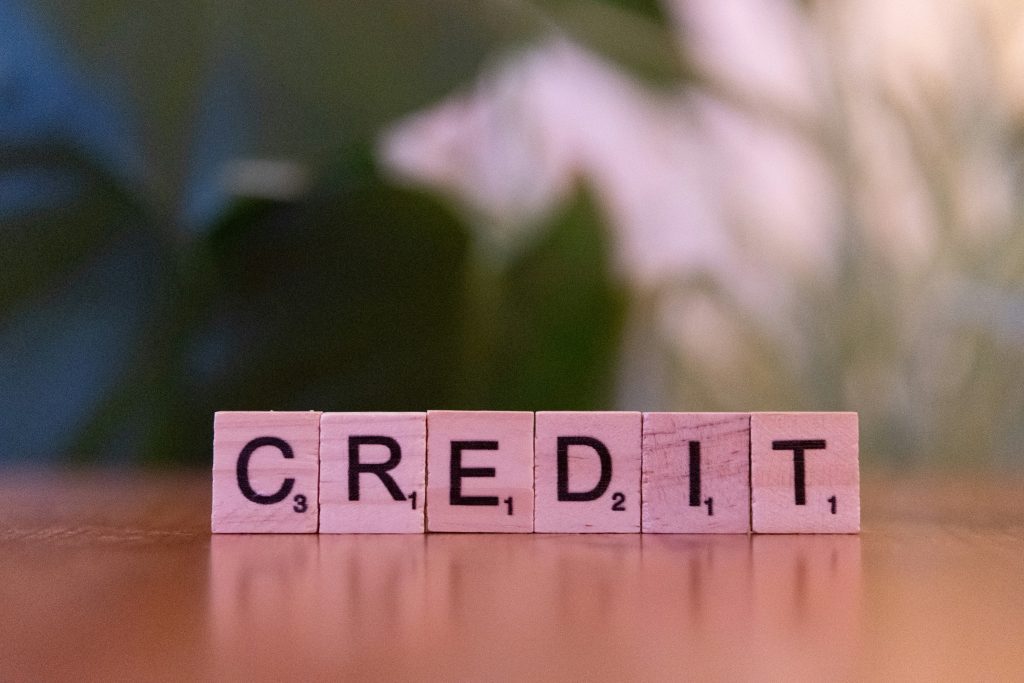Capital Gains Tax on Property: How Recent Rate Changes Affect Your Profits
Hey there! So, you’ve either sold a property recently or you’re thinking about it, right? And now you’re hearing everyone talk about capital gains tax (CGT) and how the new rate changes could mess with your profits. Yep, it’s a big deal, especially if you’re flipping homes, renting out property, or selling a second home. But don’t stress, we’re gonna break this all down in plain, friendly language.
We’ll talk about what capital gains tax is, how it works for property, what’s changed recently, and how all of that could affect the money you walk away with after a sale. Plus, we’ll chat about smart ways to potentially reduce what you owe and keep more of your hard-earned profit.
Grab a coffee (or wine-no judgment here), and let’s dive in.
What Is Capital Gains Tax (CGT), Anyway?
Alright, let’s start at the top. Capital gains tax is a tax you pay on the profit when you sell something that’s increased in value. It’s not the total sale amount, just the gain. When it comes to property, CGT applies to:
- Second homes
- Buy-to-let properties
- Holiday homes
- Land or inherited property
Your main residence (the house you live in full-time) is usually exempt from CGT thanks to something called Private Residence Relief. But the moment you’re making money off any other type of property boom, you could be in CGT territory.
So… How Is CGT Calculated?
Let’s say you bought a rental flat for £200,000 and sold it for £300,000. That’s a gain of £100,000.
Now, it’s not quite as simple as paying tax on the full £100,000. You can deduct certain costs:
- Stamp duty and legal fees from when you bought it
- Estate agent and legal fees from when you sold it
- Cost of any major improvements (like a new kitchen, not just a lick of paint)
Let’s say those total £20,000. That reduces your taxable gain to £80,000.
Then there’s the Annual Exempt Amount-this is the bit of gain you don’t pay tax on. As of the 2024–25 tax year, this has shrunk down to just £3,000 for individuals. (It used to be £12,300 just a couple of years ago!)
So your taxable gain would be £77,000 (£80,000 – £3,000).
Now, how much tax do you actually pay on that? That depends on your income.
CGT Rates on Property: What Changed?
Big update time.
From April 2024, the UK government lowered the higher rate of capital gains tax on residential property from 28% to 24%. The basic rate remains at 18%.
Here’s how it works now:
- If you’re a basic rate taxpayer: You’ll pay 18% on the portion of your gains that keeps you within the basic tax band, and 24% on the rest.
- If you’re a higher or additional rate taxpayer: You’ll pay 24% across the board on your property gain.
This change is actually a cut in tax. Not something we hear often, right? It means property owners are now paying less CGT than they would’ve in 2023.
Example Time!
Let’s make it real.
Say you earn £40,000 per year (basic rate taxpayer). You sell a second property and make a £50,000 taxable gain after deductions.
The basic tax threshold in 2024–25 is £50,270.
- Your income (£40,000) + gain (£50,000) = £90,000 total
- That means £10,270 of the gain falls under the basic rate band, and the remaining £39,730 is taxed at the higher rate
You’ll pay:
- 18% on £10,270 = £1,848.60
- 24% on £39,730 = £9,535.20
Total CGT bill: £11,383.80
Had the rate still been 28%, that higher rate portion would’ve been a lot pricier so you’re saving a bit thanks to the rate cut.
What’s the Government Trying to Do Here?
Good question. This tax cut isn’t just generosity. The government wants to encourage more property transactions. By reducing CGT, they’re nudging landlords, second-home owners, and investors to sell. More properties hitting the market means:
- More supply for buyers
- More transactions (and, hey, more stamp duty revenue for the Treasury)
- A shot in the arm for the housing market
So if you’ve been holding onto a property wondering when to sell, this might be the nudge you needed.
What About the Annual Exempt Amount Shrinking?
Here’s the not-so-fun part.
A few years ago, you could make over £12,000 in capital gains and not pay a penny in tax. Now, in 2025, you can only shield £3,000 of gains. That’s quite a drop.
What does it mean for you?
- More of your profits are now taxable
- Even small property gains might face CGT
- If you’re splitting gains with a spouse, each of you gets the £3,000 exemption but that’s still just £6,000 total
So while the rate has dropped (yay!), the amount that’s tax-free has also dropped (boo!).
Reporting & Deadlines: Don’t Miss These
This is super important. If you sell a UK property that triggers CGT, you have to:
- Report the sale to HMRC
- Pay any CGT due
Within 60 days of the completion date!
Miss the deadline? You could face fines and interest. So set a reminder. Or, better yet, get an accountant to help you out.
You’ll still need to file the info on your Self Assessment return at the end of the tax year, even if you’ve already paid.
Tips to Reduce Your CGT Bill (Legally, of Course)
Wanna keep more money in your pocket? Here are a few smart, legal ways to reduce your capital gains tax:
1. Use Your Annual Exemption Wisely
If you’re planning to sell multiple assets, try to space them out over tax years to make use of your exemption each year.
2. Share the Load
If you’re married or in a civil partnership, consider transferring part-ownership of the property to your partner. You can double your tax-free allowance and maybe even lower the rate (if your partner’s a basic rate taxpayer).
3. Claim Every Deductible Expense
Keep receipts for everything:
- Legal fees
- Estate agent costs
- Stamp duty
- Major home improvements (extensions, new roof, etc.)
These reduce your overall gain and, in turn, your CGT bill.
4. Consider Selling in a Lower-Income Year
If you’re retiring, changing jobs, or expecting a drop in income, selling property during a year when you’re earning less could bump you into the basic rate CGT band. That means more of your gain gets taxed at 18% instead of 24%.
5. Offset Losses
If you’ve sold other assets (like shares) at a loss, you can use those to offset property gains. It’s called capital loss relief, and it can shave thousands off your tax bill.
What If You’re a Landlord?
If you’ve been renting out the property, you might qualify for something called Lettings Relief-but only in very specific situations, and usually if it was once your main residence.
Since April 2020, this relief is only available if you lived in the property at the same time as your tenants. It’s rare now, but worth checking with a tax pro.
What About Inherited Property?
When you inherit property, you don’t pay CGT right away.
Instead, CGT applies when you sell it, based on the property’s value at the time of inheritance, not the value your loved one paid for it. That can make a big difference. Again, any gain between inheritance value and sale value is potentially taxable.
Property Developers and Frequent Sellers-Heads Up!
If HMRC thinks you’re trading properties (buying, fixing up, and flipping often), they might treat your profits as income, not a capital gain.
That means you’d be taxed at income tax rates (20%, 40%, 45%), not the nicer CGT rates of 18% or 24%. It’s called being a “property trader,” and it comes with fewer tax breaks.
So if you’re flipping houses every few months, chat with a tax adviser. You might be classed as self-employed.
One Last (Weird But Fun) Note…
You wouldn’t think “capital gains tax” and “air duct cleaning South Jordan” belong in the same conversation. But you’d be surprised! A lot of homeowners try to boost their sale price before selling by investing in small home upgrades. While a deep clean or fresh paint won’t be tax-deductible, serious work like structural repairs or energy-efficiency improvements might be. In one quirky case, a seller in South Jordan, Utah boosted their home’s market value just by investing in top-tier air duct cleaning and that actually factored into the price gain. Go figure.
Wrapping It Up (But Not Like a Boring Essay)
So, what’s the takeaway here?
Capital gains tax on property sales isn’t something to fear, but it is something to understand. The recent changes, especially the drop from 28% to 24% are good news for many of us. You could save thousands if you’re selling at the right time and with a little planning.
That said, don’t forget about the shrinking exemption. More of your profit might be taxed, even if at a lower rate.
The smart move? Stay informed, keep good records, talk to a tax adviser if you’re unsure, and plan your sale around your overall income. That way, when you finally hand over those keys and cash in your profit, you’re not caught off guard by the taxman.









